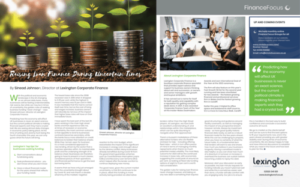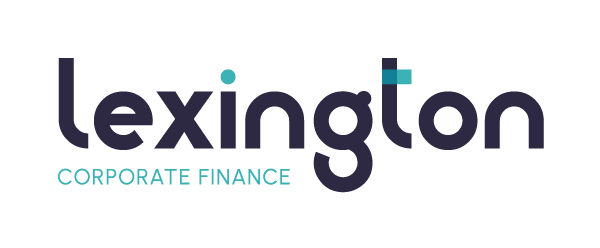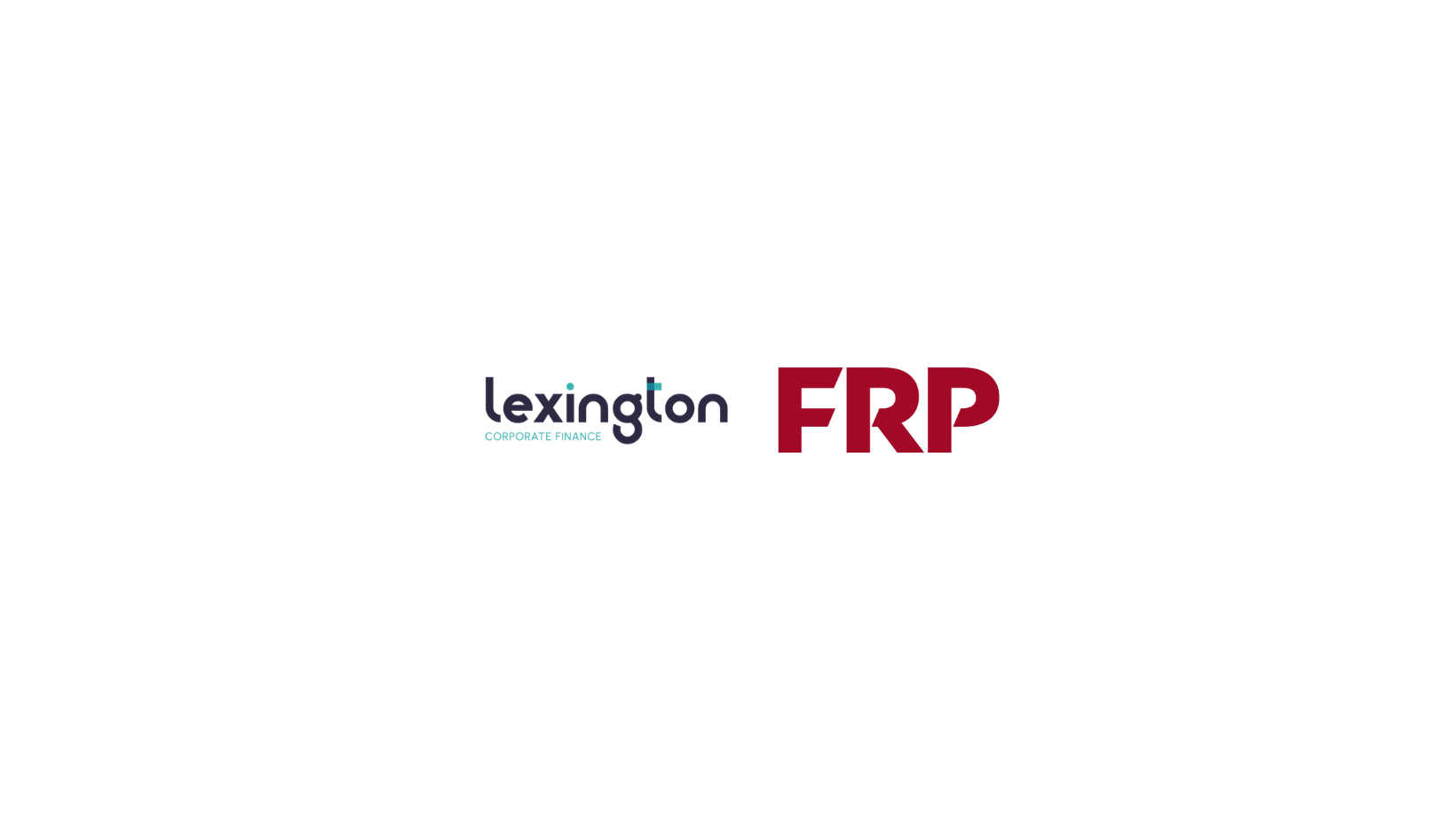Predicting how the economy will affect UK businesses is never an exact science, but the current political climate is making financial experts wish they had a crystal ball. We are seeing almost daily changes in economic policy taking place. At the time of writing Jeremy Hunt, the fourth chancellor this year, has only been in post for a matter of days, and as the sands continuously shift under our feet, we can only guess what the future will bring.
The lowest base rate since the 2008 recession was in 2016 when it dropped to 0.25 per cent, while the highest in recent memory was 15 per cent in 1990. It was inevitable that this had to correct itself over time, but as the cost of living and wages increase, business owners will naturally be nervous of the impact that higher base rates will have on their immediate future.
I have spent the best part of the last 20 years working in the main high street banks and that experience tells me, at times of recession or economic uncertainty, the most common outcome is that appetite to lend to businesses contracts becomes secondary, while the banks focus more attention on credit balances to bolster their balance sheets. While they ‘remain open for business’, it’s a more considered approach to new lending, driven by the sector that a business operates within, its maintainable profit and the underlying strength of its balance sheet. Businesses are therefore going to have to present a much clearer, considered picture of their operations and financial performance to get the best borrowing terms.
It seems that we have only just emerged from the uncertainty brought about by Covid-19, and now there’s a double whammy of the markets’ negative reaction to the mini-budget, which exacerbates the impact of the significant increases in energy costs brought about by the Ukraine conflict. Many businesses already benefitted during Covid-19 from the government guarantee schemes such as Covid Business Interruption Loans (CBILs) and Recovery Loan Scheme (RLS), which helped offer the lender comfort to continue deploying new money.
The good news, given the current market uncertainty, is that RLS continues to be in place, albeit this funding is more actively being provided via alternative lenders rather than the High Street players. At Lexington, we have both an excellent understanding of, and relationships within, this marketplace, which can be quite daunting to navigate when first approached.
There’s a buoyant marketplace of these alternative funders who are flexible and keen to help – including offering fixed rates – which in turn offers peace of mind in terms of managing monthly repayments when there’s so much potential market volatility. The most likely outcome for 2023 will be the continued increase in base rate, with economists suggesting this could peak at around six per cent, so looking at fixed rate funding options of eight to 12 per cent is worth real consideration.
The golden rules for raising loan finance never change however, and taking on any new debt is something that requires good structuring and guidance around facility covenants, as well as managing the impact of any prospective breach, however remote. Always be investment ready – so have good quality historic financial data ready, as well as a robust financial model for the few years ahead. While this can be challenging to prepare, when you have no certainty of what the future holds, it’s a fundamental item that lenders will want to see and shows how much you believe in your business’s longevity. Having a sensitised model is also helpful, so you can show how much of a downturn in turnover or increase in overhead the business can sustain before becoming unable to repay the debt.
Moreover, start your discussion as early as possible. Any last-minute requests for funding indicate you haven’t planned well and while this is sometimes easier said than done, a funder will take comfort with you engaging early. Our job is to ensure this is handled in the best way to build confidence and conclude a successful outcome all round.
We are always happy to have informal discussions with you about what you need in the future and how best to plan for this. We go to market on your behalf and can be sure to find the best options to fit your requirements now, and in the years ahead, providing you with greater stability even during times of economic uncertainty.
This article can be found on pages 74 and 75 in the latest C2S magazine. You can download the full digital copy here.






